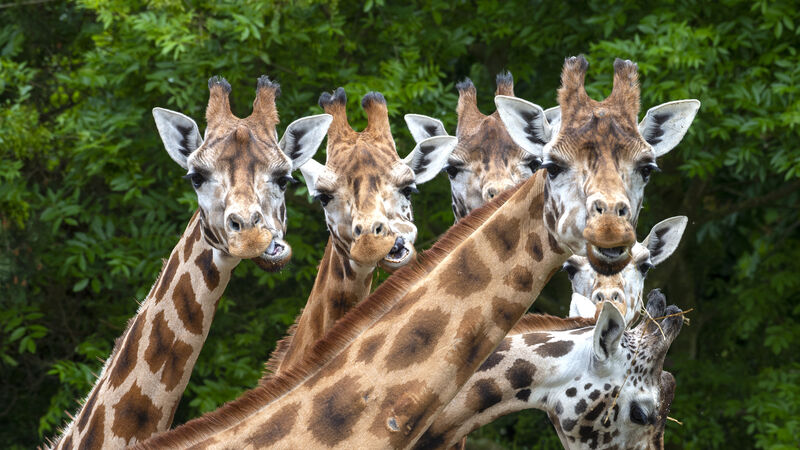Tall together: How Giraffes benefit from female friendships

The giraffe's height comes at a price. Picture Dan Linehan
‘No man is an island entire of itself’, wrote John Donne. Cocooners will agree. Lockdown impacts mental health and wellbeing, distress is widespread and sales of antidepressants are up.
Isolation is not just harmful for people; some other creatures can suffer from it also. According to a paper just published, lack of social contact reduces the life-expectancy of giraffes.










